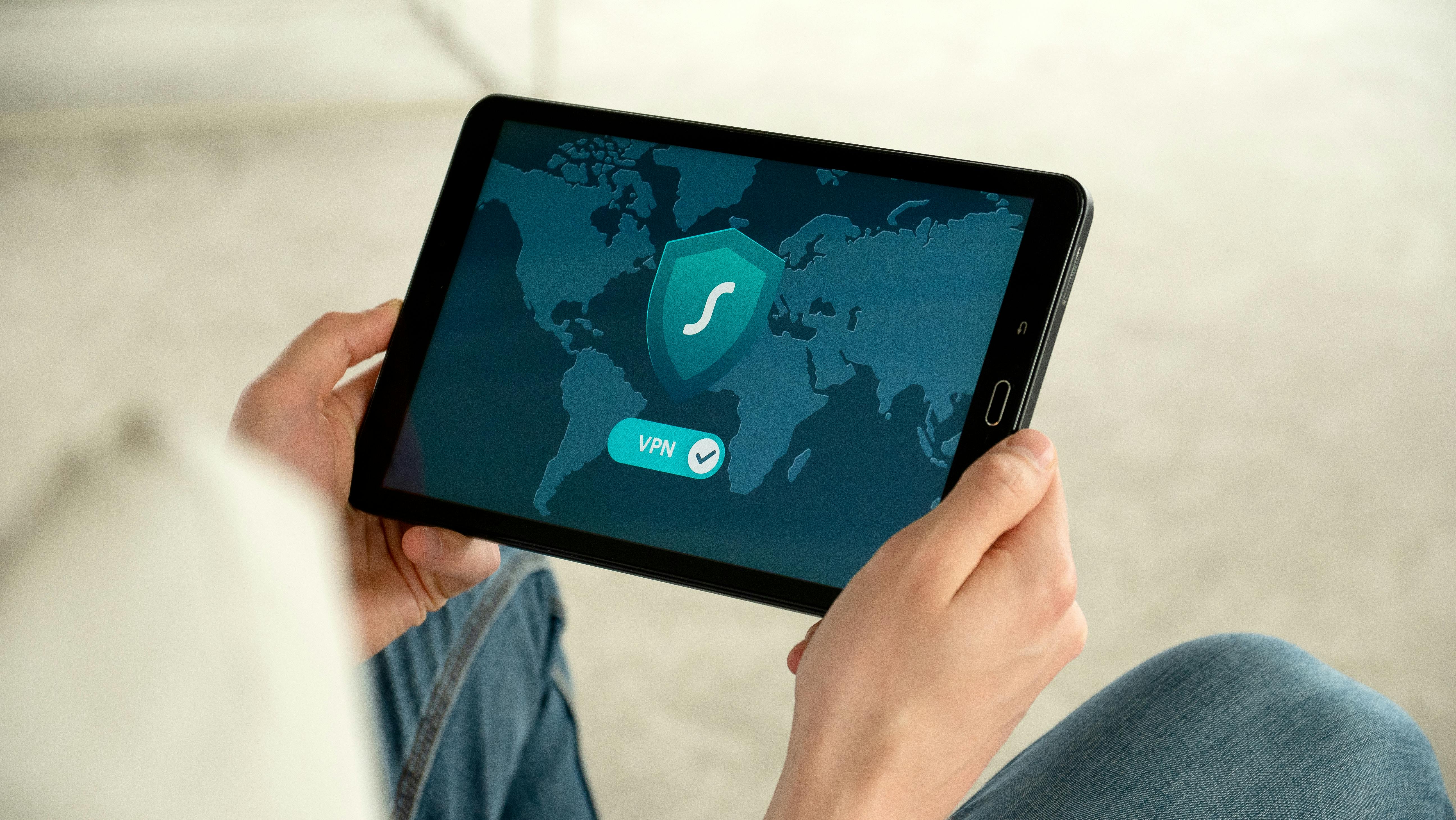Unlocking the Mystery of VPNs: How They Work and How to Use Them Like a Pro
Introduction
The internet offers connection, information, and entertainment, but it also brings privacy concerns. Enter the VPN, or Virtual Private Network—a tool to protect privacy, secure data, and enable unrestricted browsing. This guide dives into what VPNs are, how they work, and how to use them effectively so you can become a VPN expert.
What is a VPN? Understanding the Basics
A VPN, or Virtual Private Network, is a service that encrypts your internet connection and routes it through a secure server, hiding your online activity from prying eyes.
- Privacy Protection: Masks your IP address, enhancing online privacy.
- Security on Public Wi-Fi: Protects you on unsecured networks like public Wi-Fi.
- Access to Global Content: Connect to servers in other countries to bypass geo-restrictions.
- Data Encryption: Encrypts data to keep it secure and private.
How Does a VPN Work? The Technology Behind It
- Encryption: Your data is encrypted, making it readable only to authorized devices.
- IP Masking: Assigns a new IP address to hide your actual IP and location.
- Secure Protocols: Uses protocols like OpenVPN and WireGuard for security.
- Server Connections: Allows you to choose a virtual location and bypass geo-blocking.
Types of VPNs: Which One is Right for You?
- Remote Access VPN: Ideal for individual users accessing the internet securely.
- Site-to-Site VPN: Used by businesses to connect networks across locations.
- Personal VPN: Popular for privacy and security on personal devices.
For individual users, personal VPNs are the most common and accessible option.
How to Choose a VPN Provider: Key Features to Consider
- No-Logs Policy: Choose a provider that doesn’t track or store your activity.
- High-Level Encryption: Look for 256-bit AES encryption for optimal security.
- Multiple Server Locations: Providers with global servers offer better access to content.
- Fast Speeds: Reliable VPNs should maintain high-speed connections.
- Compatible Devices: Ensure compatibility with all devices you use.
- Good Customer Support: Providers with responsive support can help resolve issues quickly.
How to Set Up a VPN on Different Devices
On Windows or MacOS:
- Download the VPN app from the provider’s website.
- Install the app and log in.
- Select a server location and connect.
On Android or iOS:
- Download the VPN app from the app store.
- Log in and grant necessary permissions.
- Select a server and connect.
Using a VPN on a Router:
- Choose a router that supports VPN installation or install custom firmware.
- Follow the VPN provider’s setup instructions.
- Once set up, all devices connected to the router will be protected.
Common Uses of VPNs: Practical Applications
- Streaming Content Worldwide: Access international movies and shows by connecting to servers in other countries.
- Secure Online Shopping: Protects payment information on e-commerce sites.
- Avoiding Price Discrimination: Find the best prices by changing virtual locations.
- Remote Work: Allows secure access to company networks.
- Gaming: Reduces lag, prevents throttling, and accesses region-locked games.
How to Use a VPN: Pro Tips for Maximum Benefit
- Use Auto-Connect: Ensures you’re always protected by connecting automatically.
- Select the Right Server Location: For speed, choose a nearby server; for access, select based on content location.
- Switch Protocols: Try different protocols for the best balance of speed and security.
- Enable Kill Switch: Prevents data leaks by cutting access if the VPN disconnects.
- Stay Updated: Keep your VPN app updated for the latest security features.
Are VPNs Legal? Understanding the Rules
VPNs are legal in most countries, though some regions have restrictions:
- Legal in Most Countries: The U.S., U.K., Canada, and many European countries permit VPN usage.
- Restrictions in Some Countries: Countries like China, Russia, and the UAE regulate or restrict VPNs.
Always check local laws if you plan to use a VPN while traveling.
Top VPNs for 2024: A Quick Comparison
| VPN Provider | Main Features | Number of Servers | Price per Month |
|---|---|---|---|
| NordVPN | No-logs policy, fast speeds, Double VPN | 5,400+ servers in 59 countries | $3.71/month |
| ExpressVPN | High speeds, excellent streaming, 24/7 support | 3,000+ servers in 94 countries | $6.67/month |
| CyberGhost | User-friendly, optimized for streaming | 7,500+ servers in 90 countries | $2.75/month |
Common VPN Myths: Separating Fact from Fiction
- VPNs Make You Completely Anonymous: VPNs enhance privacy but don’t make you invisible online.
- Free VPNs are Just as Good: Free VPNs often lack essential features and can compromise data.
- VPNs are Only for Tech Experts: Modern VPNs are designed for easy setup, making them accessible to anyone.
Conclusion: Master VPNs Like a Pro
VPNs provide privacy, security, and unrestricted internet access. With this guide, you now have the knowledge to choose the right VPN, set it up, and use it to its full potential. A VPN is your gateway to a safer, more open internet.





